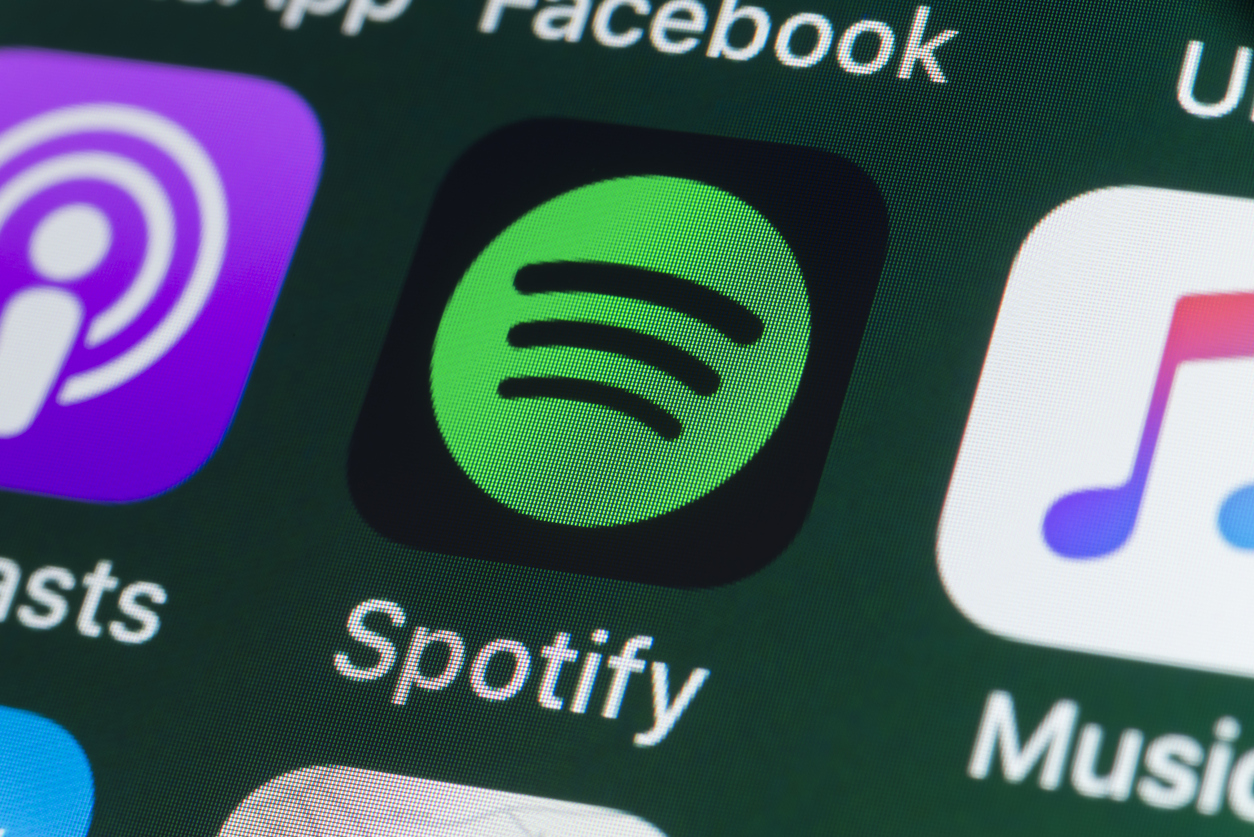The Scoop: Layoffs hit Spotify amid annual Wrapped buzz
Plus: Meta’s top scientist weighs in on AI, and an ousted Harvard disinformation scholar speaks out.

It’s the end of the year, which means a few things: Holiday parties, lights in the windows, and people sharing their Spotify Wrapped data that showcases their music listening habits from the last 12 months.
But amid the brightly colored sharable graphics you might have seen on your Instagram over the past several months, there’s something decidedly less fun going on over at Spotify. The company announced it has cut 1,500 jobs, or 17% of the organization’s total workforce, according to a report by Axios. It’s another blow after a 6% staff cut earlier this year.
“By most metrics, we were more productive but less efficient,” CEO Daniel Ek said in a note to staff about the layoffs and the organization’s profitability, according to Axios. “We need to be both.”
The Spotify chief also said that the company weighed smaller cuts in 2024 and 2025 rather than the larger layoff that occurred. Still, the recent downsize was deemed necessary given the apparent gulf between Spotify’s financial aspirations and the costs to run the company.
Why it matters
Spotify Wrapped is one of the company’s most prominent yearly publicity campaigns — just take a look around your Instagram feed come December each year. It’s a fun way to get a sneak peek into your friends’ musical tastes and a way to evaluate your listening habits. It’s also a unique and powerful example of a company leveraging its proprietary data as a consumer-facing engagement tactic — one that raises the brand to the top of the brand awareness charts.
The juxtaposition of Spotify’s most prominent time in the public eye and some bad corporate news is certainly interesting. But there’s something to be said for Spotify not stringing employees along because of the wave of popular discussion the platform is currently a part of.
Layoffs, particularly in the tech sector, are an increasingly common and unfortunate reality of our post-pandemic and ever-evolving world. Spotify isn’t alone in needing to make tough cuts. Big tech companies like Meta and Amazon have navigated similar declines and cuts as user priorities and tech and entertainment markets evolve.
But an important part of navigating any layoff is how it’s rolled out, and Spotify did well here, by being clear in the announcement memo and offering details of employee impacts, such as severance pay and health benefits. If you have tough news to share, it’s best just to remain straightforward and transparent, even if you’re in the middle of running another big publicity campaign.
Editor’s Top Picks
- The prospect of artificial intelligence looms large over the entire communications industry, though it remains to be seen what the full impacts will be. According to CNBC, Meta’s chief scientist said that we’re still far from generative AI gaining any sort of sentience. But just because AI isn’t going to become self-aware by tomorrow, it doesn’t mean that PR pros shouldn’t prepare for the ways that generative AI tech might help in ideating on campaigns or scraping large amounts of data in the creative process — not to mention the pitfalls that lie ahead where data privacy and management are concerned.
- According to CNN, a top scholar on disinformation claims that she was ousted from her job at Harvard because of the school’s relationship with alum and Meta chief Mark Zuckerberg. Dr. Joan Donovan’s claims raise concerns about the reach of big tech into academia and the world of independent research. For a company that doesn’t have the greatest reputation for how it impacts society and interpersonal communication (see: negative impacts on young people spending too much time on social media and issues around disinformation on Meta’s Facebook), Donovan’s accusation might have legs, and it may not be the last time that the academic world pushes back on big tech meddling in research activity.
- Back on the AI front, we might see whether or not an AI chatbot is capable of (or at least legally responsible for) what the government deems illegal wiretapping. According to CNBC, one of Gap’s popular retail brands, Old Navy, has been accused in a California court filing of conducting illegal wiretapping due to the way its chatbot function logs, records and stores conversations. The suit alleges that it “convincingly impersonates an actual human that encourages consumers to share their personal information,” according to the report. This case could have a wider impact, not just on retail, but across the overall customer service space, as countless companies use AI chatbots to deal with customer inquiries and requests. Comms pros will need to keep an eye on AI legislation as it develops and impacts how they use generative and conversational AI tools.
Sean Devlin is an editor at Ragan Communications. In his spare time he enjoys Philly sports, a good pint and ’90s trivia night.






